Introduction: Waste PPE Kits
With the coming of coronavirus, PPE kits also called personal protection equipment paved their way across nations. It has acted as lifesaving equipment especially for the frontline workers directly or indirectly involved in the medical field.
Table of Contents
--------------Blog Contact Form-------------
The PPE kit comprises many components like gloves, face masks, gowns, and even goggles. Despite the fact that they have become an essential commodity in today's time, we can't remain blind when it comes to their effect on the environment. We need to inculcate practices that preach its disposal in the most viable ways.
Practices related to disposal of the PPE kits have been very well laid down by the World health organization and also remarked on by the national center for disease control. Also, guidelines have been issued by the CDC in India with respect to the safe disposal and management of such biomedical waste.
What are the constituents of PPE kits?
The polymer that is employed in manufacturing the PPE is mainly polypropylene which is a kind of material that can only be used one time. It is a kind of non-woven type of material.
It is fetched by the process of polymerizing the propylene which is a monomer. Also, it is a product under the petrochemical category.
If we try analyzing the structure of PP, it can be inferred that it is a carbon chain that is saturated in nature and entails the attachment of methyl groups. This group imparts hardness to it and makes it different from polyethylene.
Synthesis of polypropylene can be done, mainly in configurations lying in three categories:
- Isotactic
- Syndiotactic
- Atactic
When these are put on the table of comparison, it can be concluded that the PP of the isotactic category is more crystalline in nature.
Is PPE Kit Creating a Problem?
The most common type of PPE kit is designed in a way that they can be only used once and then are left to dispose of. And from here begins the inception of problems and issues created by their use.
The fact that these PPE kits are a kind of plastic, after they are discarded, they are left to die in landfills and brutally affect the environment. Also, they find their way into the oceans and river, where they choke up the aquatic animals. Also, the natural process involved in its degradation takes many years. So they are a constant threat to our planet Earth.
To combat this issue, we can indulge in recycling PPE kits by employing both mechanical and chemical methods.
Recycling PPE Kits to Generate Biofuels
Well, apart from recycling PPE kits, they can be subjected to a reduction in order to convert them into a chemical that is basically their constituents. Thermal treatment can be brought to use for such purposes. Following this mantra would probably give us a new direction and solution to the havoc created by the use of PPE kits.
To be precise, it can be said that the chemical treatment renders in altering the chemical structure, herein referred to as the plastics used in making PPE kits. The process is divided into numerous small steps and the final result is the yield of value-added products.
Let's jot down a few such methods which are enumerated below:
- Gasification
- Hydrolysis
- Amylolysis
- Glycolysis
- Pyrolysis
- Gasification
The most common technique that is used by many industries is of course pyrolysis. It is quite a popular method of converting solid plastic to fuels.
Pyrolysis is a good alternative to dumping the PPE kits and to further mitigate the pollution problems.
In the process of pyrolysis, the long-chain polymers are substantially reduced to simpler molecules through a degradation technique that makes use of thermal energy. The process is carried out at a high temperature that does not require oxygen.
The excellent advantage of pyrolysis is that it doesn't entail the need to sort and separate the varied types of plastic waste. Hence, it makes the work quite easy since liquid fuel would be generated even when mixed plastic is used.
This recycling method done through chemical means is probably the safest way to move ahead of conventional landfills. Liquid oil or biofuel which is acquired after the plastic material is chemically recycled, finds many applications in generators, gas turbines etc.
Other Ways to Recycle PPE
Quite recently, many social entrepreneurs are coming forward with innovative ideas on how to recycle PPE kits. One such way is to make bricks out of the waste PPE kits. This in itself is a very intelligent way to recycle plastic material.
The process of making eco-bricks using waste PPE kits involves the use of paper waste, shredded PPE, and binder. When all of this is mixed, a beautifully carved eco brick is what you get.
Thereafter these bricks can be used as raw material for construction purposes, replacing the use of traditional bricks. The fun part is that they are light in weight and cost-efficient and comparably sturdy enough.
To add on, waste, especially the face masks and PPE kits must be collected in dustbins specially dedicated for their disposal. They must be then subjected to disinfecting it. After it is done, the waste can then be taken to recycling units.
Conclusion
The use of PPE kits has just begun and it is there to stay for years to come until some alternative takes over. We must realize that these PPE kits are made of plastic material therefore viable solutions must be kept handy at all times so that the lungs of our Earth are not choked.
This portion of the site is for informational purposes only. The content is not legal advice. The statements and opinions are the expression of author, not corpseed, and have not been evaluated by corpseed for accuracy, completeness, or changes in the law.
BOOK A FREE CONSULTATION
Get help from an experienced legal adviser. Schedule your consultation at a time that works for you and it's absolutely FREE.


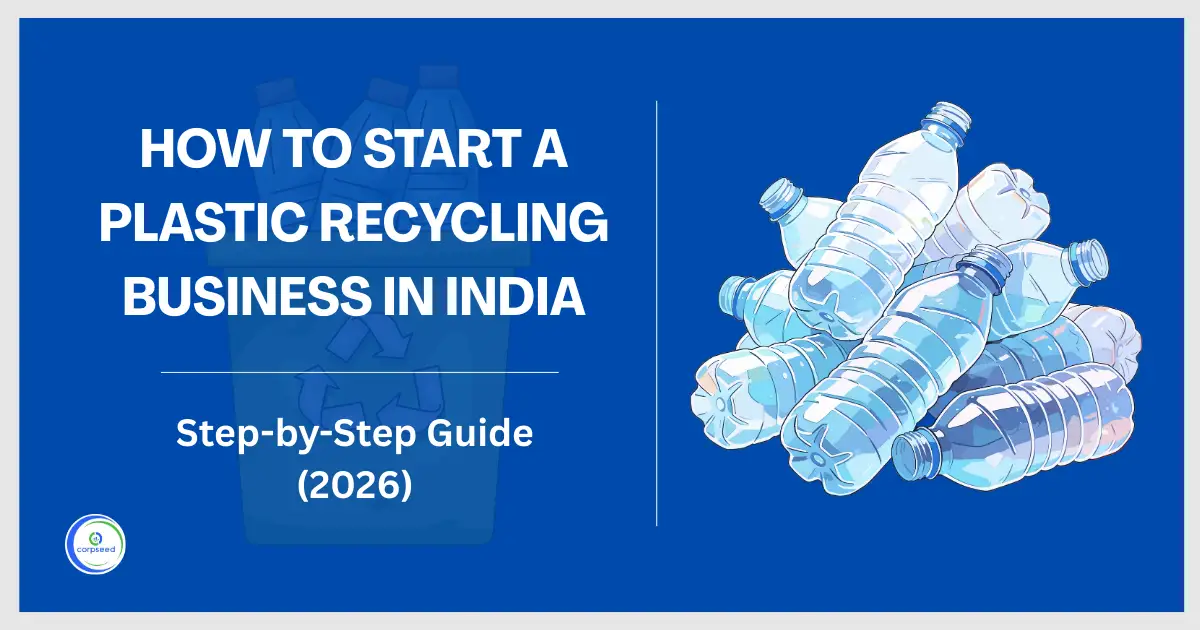
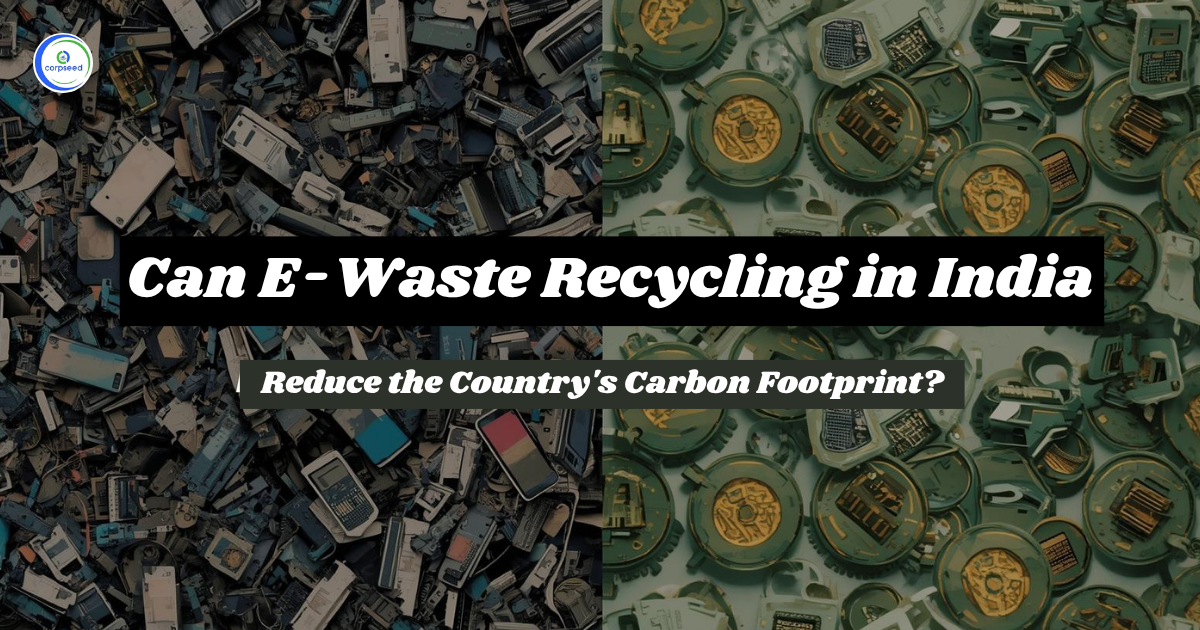
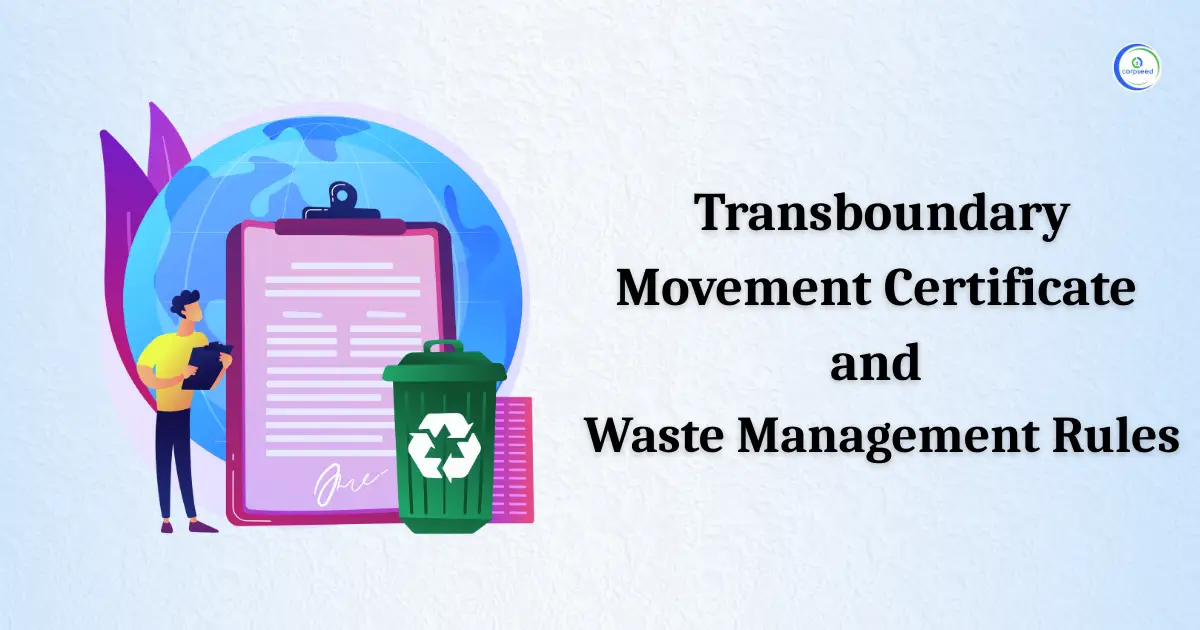
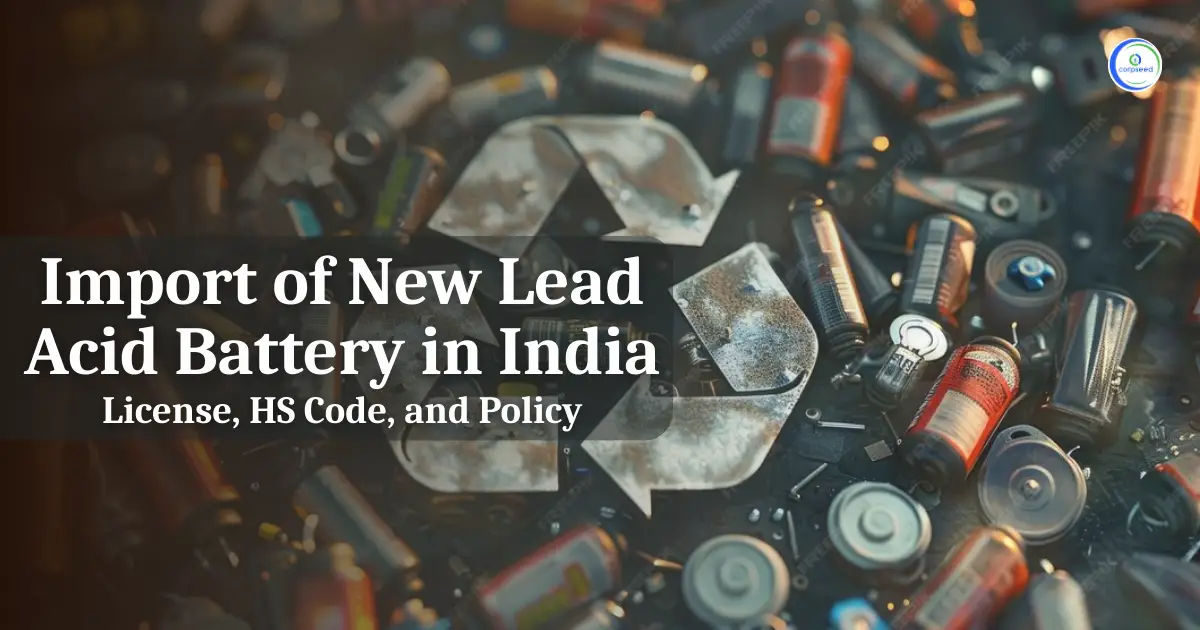

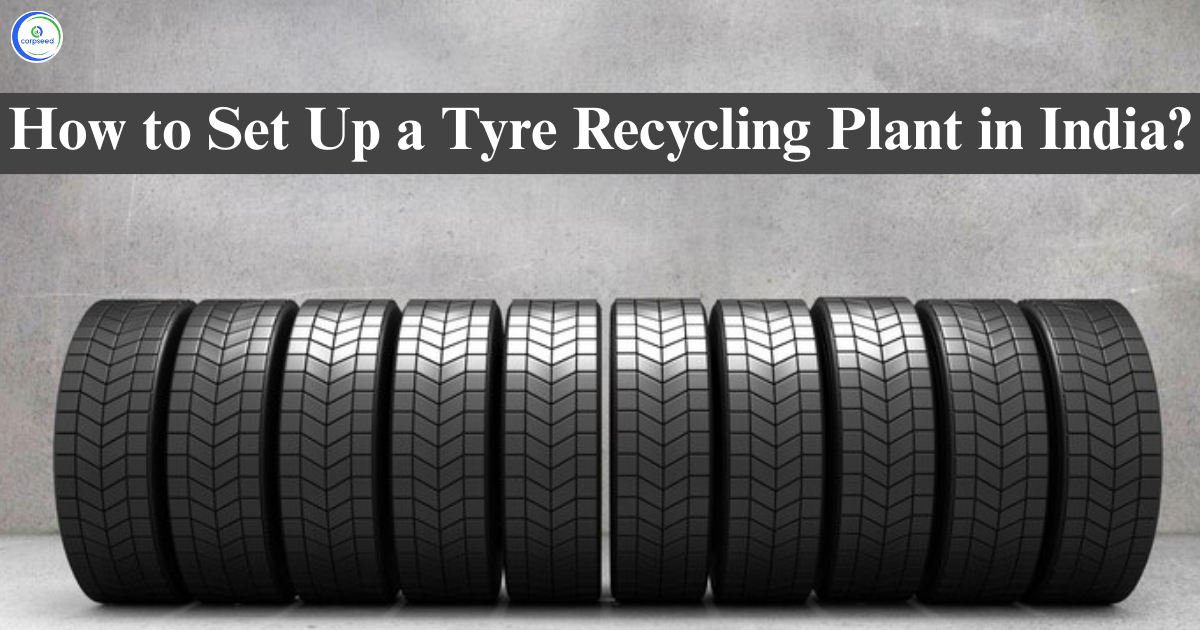
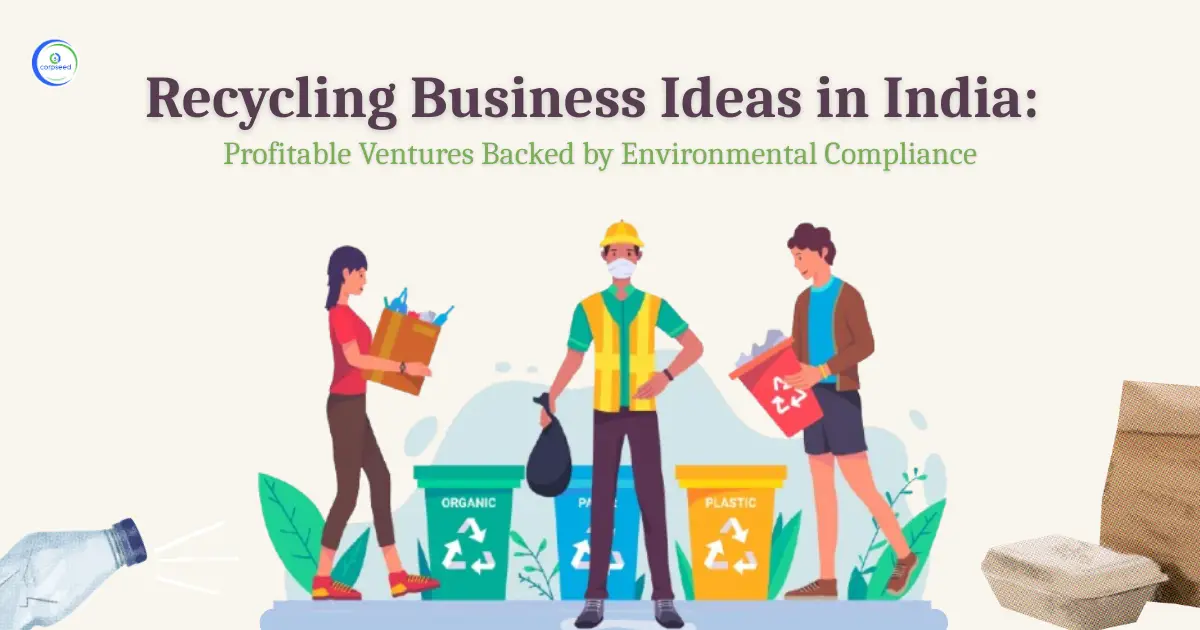
.webp)